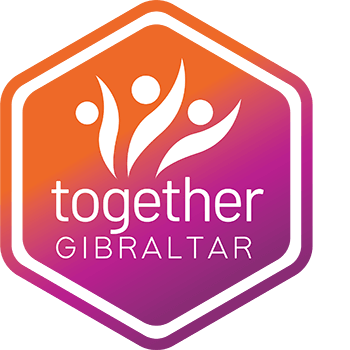The Grand Debate Returns
By Mark Montegriffo
Brexit, the political equivalent of the Neolithic practice of trephining, has lead to the possible veto of the Spanish Government on a deal including Gibraltar, a Conservative Government that still has not unequivocally pledged to include Gibraltar in a Brexit deal and a former Tory leader comparing Gibraltar to the Falkland Islands in the eighties. On our part, however, it appears that debates around high constitutional matters might be resuscitated. In the run-up to the European Union referendum last year, the Chief Minister suggested that an exit from the EU would present an ‘existential threat’. Now having experienced the anxiety and dread, it is at least productive to re-visit a frank discussion on the question of nationhood.
Our last election featured little debate, if any, on the future of Gibraltar’s constitutional desires. With Brexit, old nemeses have re-emerged. Of course, it is right to unite around the national interest in these times, but it is never a bad thing to revise or refine our political path in deliberative spirit, recognising that all sides are effectively arguing for the same purpose – the advance of Gibraltar’s constitutional development. There is, and hopefully there will forever be, a wide consensus against any form of sovereignty passed over to Spain, be it joint sovereignty or full. There is also a wide consensus for decolonisation and exercising self-determination through the UN, but what exactly what form that takes needs to be carved out.
As such, it is right for one to argue on the established options at our disposal. While there are all sorts of nuanced and original versions touted by various characters, there are broadly four viable options as considered by the United Nations: independence, free association, integration, and the ‘fourth’ option. If we are talking about continuous ‘development’ then the independence route seems like the logical conclusion. It fits our narrative and, if Spain ever acts like a country that respected the democratic will of Gibraltar, then it might be possible in the future. But with Brexit providing Spain with a higher influence over Britain in the EU, this seems like the wrong time to push for it.
Free association, on the other hand, is the link between our current constitutional state and independence. It is not necessary that independence follow free association, but it is the clearest expression of self-determination. It also reflects truly the political reality and aspirations of Gibraltarians – we are not ‘owned’ by Britain but we freely and democratically associate with them, as we freely and democratically reject Spanish sovereignty. Simply put, free association is the practical extension of self-determination, allowing us ultimate constitutional autonomy short of total independence.
While Spain maintain their claim over Gibraltar, Britain has a responsibility to Gibraltar. If and only if Spain drops her claim can independence be foolproof. It is important to point out the wholly undemocratic and un-European attitude of the Spanish government. If these past couple of weeks in the UK media limelight has taught us anything is that proclaiming ‘Gibraltar is British’ portrays us as unreasonable, anachronistic, chest-pounding nationalists. This does not present the fuller picture and it turns many people off from fully understanding the reasons why we wholeheartedly reject Spanish sovereignty. This is the message that free association allows us to disseminate, as wilful partners of convenience with the UK.
The UN resolution 2625 of 1970 outlines the ‘fourth option’ which allows for decolonisation through the principle of self-determination of a ‘colonial people’, respecting their unique circumstances. The 2006 constitution had this concept in mind, but the UN have still not removed Gibraltar from the list of ‘non-self-governing territories’ a full decade since. As a result of this, and developments originating from Brexit, supporters of integration have resurfaced their views. It was no great surprise either to see the leader of the GSD consider integration when one remembers that it was something he wanted to explore as leader of the now dissolved Labour Party. Nigel Farage has also come out in support of this relatively minority desire.
Indeed, there is a reason why it is a minority desire. It appears to be at odds with decades of democratic and constitutional advancement, not only undermining our struggle for greater autonomy, self-determination and the legitimacy of our own parliament, but also reducing us to another UK constituency. It is the most reactionary option and, in my estimation, the most unnecessary because it suggests that all our efforts at the international level have come to nothing and we must crawl to mummy’s house...and we are now just another one of mummy’s 650 other children in the Commons.
This year will mark the 50th anniversary of the 1967 sovereignty referendum. 99.64 percent of voters rejected the Franco dictatorship in the name of maintaining British citizenship and advancing our institutions of self-government, as any democracy in our position would rationally elect to do. What followed was over a decade of living with a closed frontier against our will, and not even that damaged our resolve. So with Brexit and all that may come with it, it is inspired by this Gibraltarian spirit that we should contribute to the grand debate that determines our path for decades further.
Mark is studying Politics and Philosophy at the University of Manchester.

